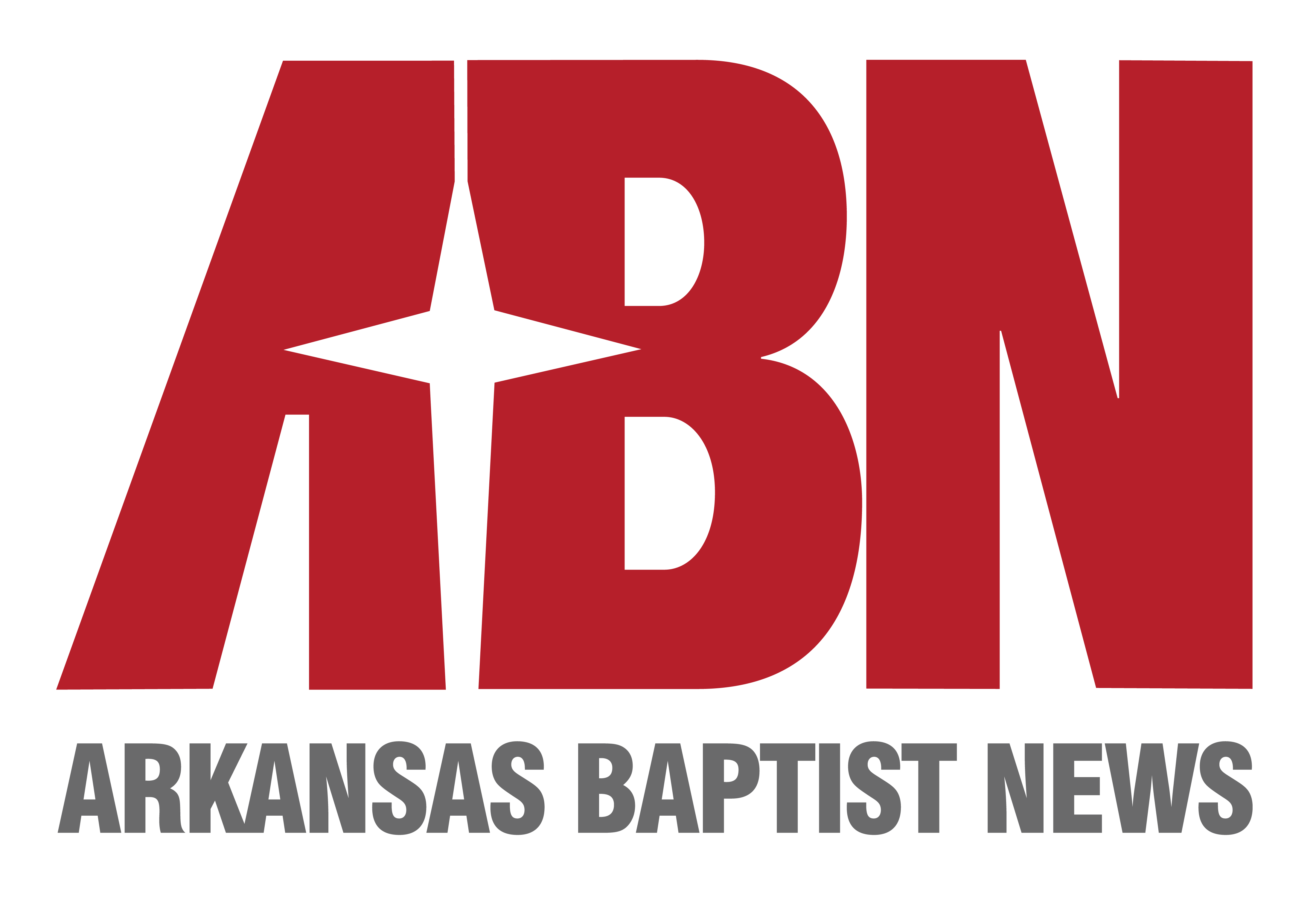Through three years of ministry at the University of Arkansas Baptist Collegiate Ministry (BCM), we have seen 161 students make first-time professions of faith in Jesus. One-on-one witnessing experiences, significant evangelistic events, and our weekly campus services all help us fulfill our goal of giving every student the opportunity to encounter Jesus and experience life in him. In other articles, I have written about how to share your faith, preaching to the next generation and giving a Gospel invitation. I have recently observed that many ministry leaders struggle to call for a response after preaching the Gospel. Below, I want to offer a few ways of calling for response after a sermon. I unashamedly use them all interchangeably.
Response Cards
Every week at Arkansas BCM, we place bulletins and response cards on each seat. The response cards ask for a student’s name and phone number and have five potential boxes they can mark: trust Jesus as my Savior, get baptized, explore God’s call to missions/ministry, talk to someone about what God is doing in my life, and get connected to a local church. At the bottom of the post-card sized response card is a place for prayer requests. Each week, from the stage we encourage everyone in the room to fill out the response card and place it in a box as they exit. We say, “You can help us out by putting your response card in the box at the back of the room. Even if you don’t fill this out, picking it up and putting it in the back helps us clear the space for our next event.” Having everyone return the card helps people who want to respond not feel singled out as they drop their card in the box.
On a typical Monday night, we currently have between 130-200 students between two services. Every week there are 2-20 significant decisions or prayer requests communicated to us through response cards.
Some folks are forgoing physical response cards and using QR Codes to point people to an online form to fill out. This could also be a good approach in certain contexts.
Altar Calls
Altar calls are calls for people to respond physically and immediately to the Gospel message they just heard by coming forward in a public response. I utilize altar calls and progressive invitations, especially when I have an evangelistic sermon. Asking people to respond to the Gospel via an altar call asks them to boldly declare their intention to follow Jesus. Variations of altar calls can ask people to raise their hands or stand at their seats if they have made a decision. Regardless of the method, make sure you have a way to follow up with a decision-maker after the service.
Progressive Invitation
I usually employ progressive invitations at evangelistic events such as student weekends, revivals, and evangelistic services. A progressive invitation walks people through steps of responding to the Gospel. At the conclusion of the message, I will tell the gathering what the next few minutes will look like before the invitation begins. I tell the audience they will have the opportunity to pray to trust Christ as their Savior. If they do that, then I will ask them to boldly respond by first looking at me or raising their hand at the conclusion of the prayer while everyone else’s eyes remain closed. I then ask those responding to join me at the front of the room to proclaim their newfound faith to those around them.
The progressive invitation enables preachers to encourage people making the greatest decisions of their lives through the course of their response. As people raise their eyes or their hands to indicate their decision, I encourage them personally without calling their names and tell them that I would like them to come forward when I close the response so that we can all celebrate their decision. I often encourage them to grab a friend or to walk down with them in celebration!
Next Steps Area
Labeling and utilizing a “next steps” area of your ministry space is often beneficial. At the conclusion of your gathering, you can point people to a physical location where they can meet someone and talk about their next spiritual step. You could conclude your message like this, “If you are ready to make the decision to trust Jesus, then there are folks at the next steps table in the back who are ready to talk to you at the conclusion of the service. Please go and see them there.”
I have found that consistently calling for a response after sermons does a few things. First, it gives people a clear opportunity to communicate what God may be doing in their life. I have learned that if I don’t ask people to respond to what God is doing in their lives, I may never know about important faith steps they want to take. Second, it gives the people in my ministry confidence that if they invite a lost friend to our service, they will have an opportunity to respond to the Gospel. Third, it helps me keep the importance of evangelism in front of the people God has given me to lead. When a group sees me call for a response, it models what they can do in everyday Gospel conversations. Calling for a response to the Gospel is not limited to the end of a message; it can happen anywhere. Ministries that consistently see people respond to the Gospel have a culture in which calls for response are frequent in sermons, in personal conversations, and the personal witness of the ministry leader(s).



2 Responses
This is good stuff. I don’t understand why preachers don’t call for a decision. You laid out good truth
Great article Ryan! Yes! We need to come back to extending an invitation in whatever form is needed. Glad to see you leading this generation in this way.